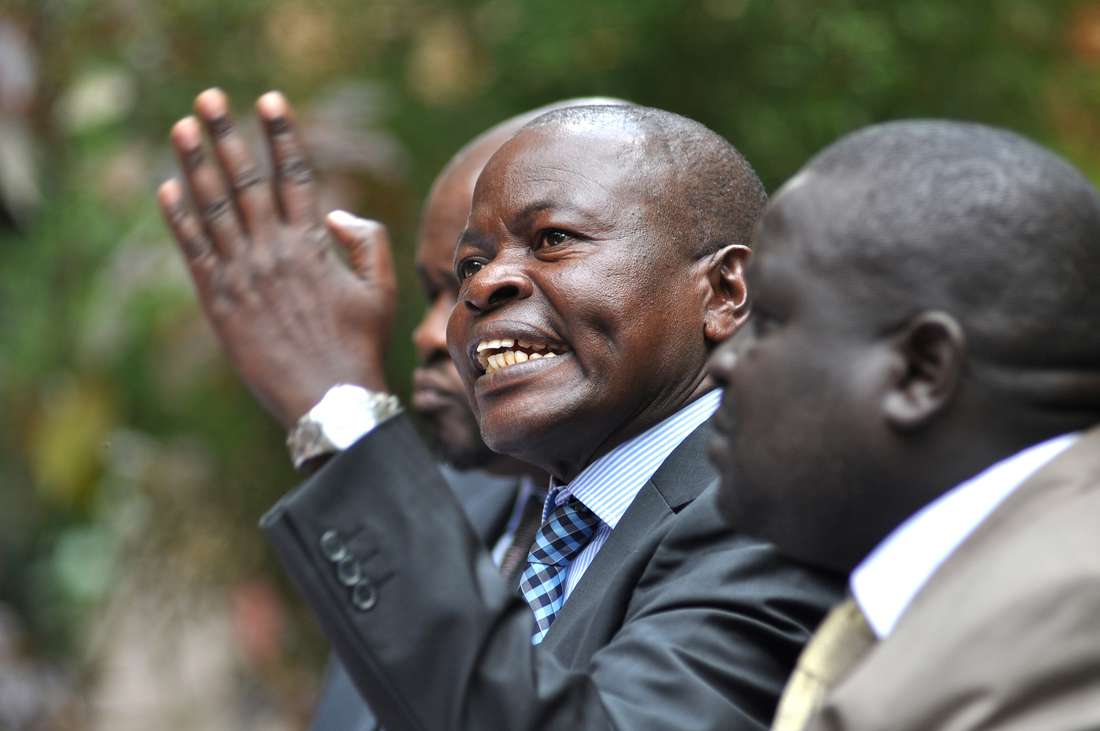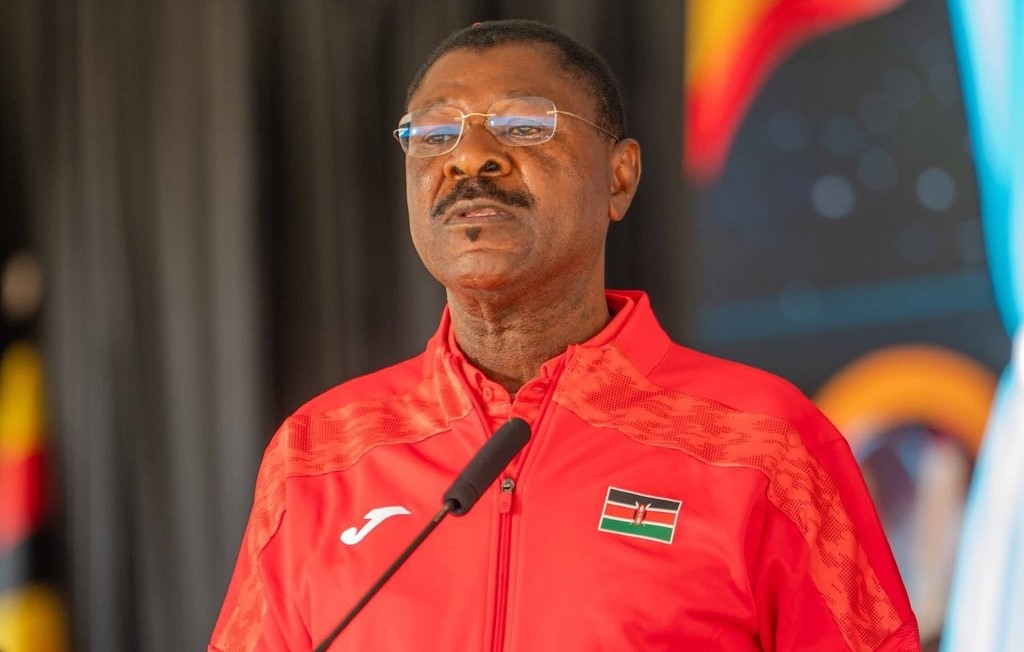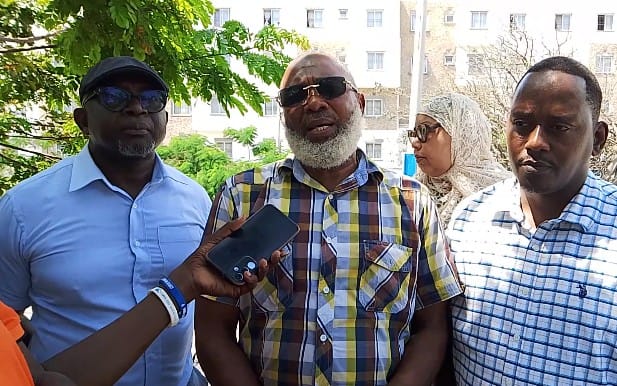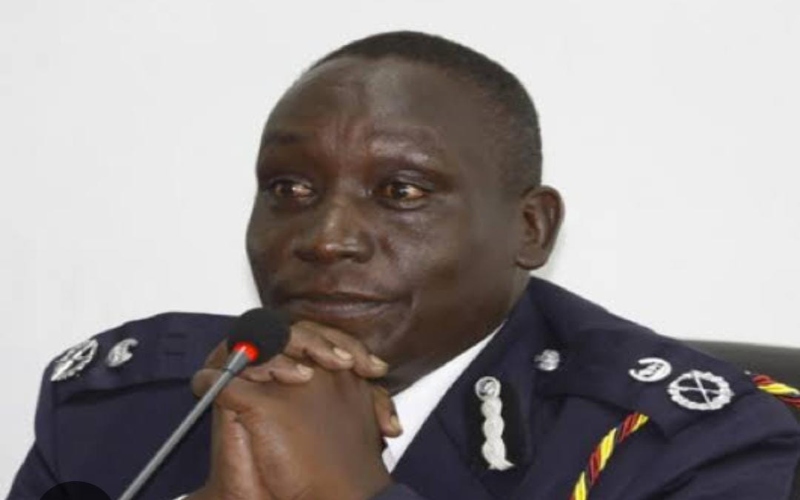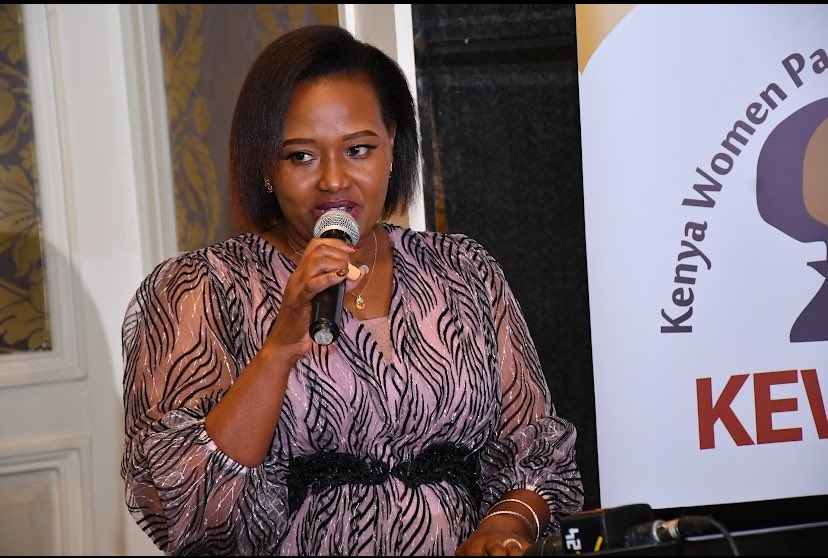President Ruto champions African unity, self-reliance at GERD launch
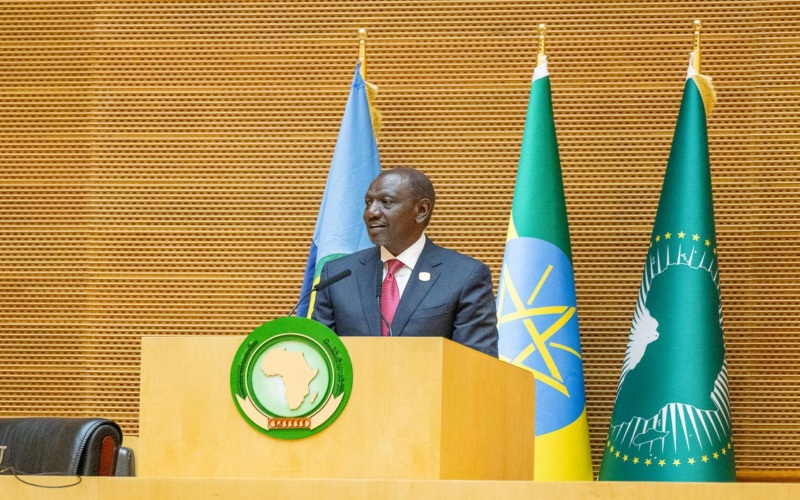
The alignment is a blow to Egypt and Sudan, left dejected as Kenya tilts further toward Addis Ababa. The symbolism was deliberate.
At the inauguration of Ethiopia's Grand Ethiopian Renaissance Dam (GERD), President William Ruto delivered one of his most pragmatic geopolitical speeches yet.
Kenya, an upper riparian state of the Nile long courted by Cairo to oppose the project, has instead stood shoulder to shoulder with Prime Minister Abiy Ahmed.
That alignment is a blow to Egypt and Sudan, left dejected as Kenya tilts further toward Addis Ababa. The symbolism was deliberate.
More To Read
- How Trump–Ruto health deal fills the void left after USAID exit
- UNAIDS hails Kenya–US health framework as major boost for HIV response
- Kenya, US sign Sh208 billion health cooperation deal to transform to strengthen primary care, services
- Ruto backs IMF partnership as key to Kenya’s debt, economic reforms
- Ethiopia blasts Egypt for escalating hostile rhetoric and rejecting dialogue over Nile waters, GERD
- Tough decisions stabilised the economy, saved Kenya from shame – Ruto
Abiy invited Ruto and Djibouti's Ismail Guelleh to unveil the commemorative plaque, projecting regional solidarity at Cairo's expense.
Ethiopia, having thrown the key on its colossal dam, has reshaped Nile politics with a playbook rooted in survival.
From the podium, Mr Ruto praised the GERD as a "bold affirmation" of Africa's ability to shape its own destiny.
He insisted the dam's use must be governed by principles of "equity, sustainability, cooperation and mutual respect."
That, he argued, made the project not merely an Ethiopian achievement but a pan-African statement of ambition, aligned with the African Union's energy agenda.
He commended Mr Abiy for mobilising $5bn domestically "without borrowing, without support from others" to build Africa's largest hydroelectric project.
"Money raised by Ethiopians to build this monumental project gives us confidence in our ability as a people to take charge and command our own development," he said.
Mr Ruto encouraged his host to "continue what you are doing... You are doing the right thing."
The Kenyan leader drew a parallel with his own housing agenda, casting both projects as symbols of dignity delivered without debt.
In Ethiopia, the dam's turbines will double national power capacity, offering a lifeline in a country where 69 million people remain off the grid.
In Kenya, he argued, home-building would lift millions out of slums. Both, he said, exemplify Africans taking "destiny into their own hands."
Yet Africa's energy challenge loomed over his remarks.
The continent accounts for just 6% of global energy use, while half its people lack electricity and nearly a billion still cook without clean fuel, with dire consequences for health and education.
The GERD, Mr Ruto concluded, was therefore not just national infrastructure but a continental necessity.
For Cairo, the message is bruising.
After years of lobbying for Nairobi to join its opposition, Egypt now finds Kenya publicly endorsing its rival's dam.
But Ethiopia's message is unambiguous: the GERD is built, the water is impounded, and the politics of the Nile will never be the same.
Top Stories Today



